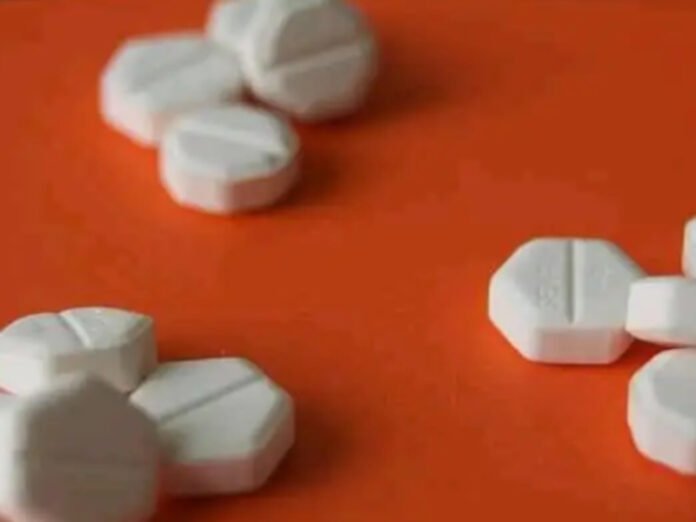People should immediately report to the police any suspicious persons or businesses involved in the supply or distribution of illicit drugs and substances so as to break the criminal webs and assist in bringing the culprits to book, the Zimbabwe Republic Police has said.
The appeal comes as the Government has intensified the fight against drug and substance abuse, which has become a menace in the country and across the globe, as it threatens human health, and is linked to the high incidence of criminal behaviour including murder and domestic violence.
This week, the Medicines Control Authority of Zimbabwe blacklisted four pharmaceutical companies and three individuals linked to supplying illegal drugs linked to drug and substance abuse, or selling prescription drugs over the counter, while other arms of Government have activated their systems to curb the vice.
Psychiatric health institutions such as Ingutsheni Central Hospital in Bulawayo are reportedly overwhelmed with mental health-related complications, amid reports that nearly 90 percent of patients in the acute wards are admitted for alcohol and substance abuse with over 2 000 more suffering the same problem in the outpatient department each month.
The problem is also affecting professionals and experts fear this could cripple national productivity as affected workers tend to suffer poor performance in their tasks.
Bulawayo provincial police Inspector Abednico Ncube has said as the law enforcement agents will not tolerate lawlessness and warned that those involved in the dark business of illicit drugs would be arrested.
He urged members of the public to expose illicit drugs dealings, including making reports in cases of officers who might be perpetrating or benefiting from proceeds of such criminal activity.
“If members of the public come across such criminal acts anywhere, they must not hesitate to report to the officer in charge,” said Insp Ncube.
“We are in the process of rebranding Bulawayo as a safe investment city and having such vices in our midst does help, including the peddling of drugs.”
There is suspicion that some of the drug lords have recruited vendors who sell cheap items like sweets, bangles, necklaces, and snacks in the central business district as a cover up.
Others are said to be using their private vehicles as trading zones with no one noticing, sources who spoke on condition of anonymity have said.
It is understood that common drugs sold under the name of vending include cocaine, methamphetamine (crystal meth), cough syrups containing codeine and marijuana, among others.
One of the vendors said the bulk of marijuana, for instance, is reportedly smuggled into the country from the region and alleged that cross-border-border transport operators, are used as conduits.
Concern has been raised over the continued presence of illicit drugs on our streets, which are usually not publicly.
Some drug dealers are said to frequent upmarket pubs where they meet high-profile clients for business transactions, who buy the drugs either for personal use or commercial sale.
According to the United Nations Office on Drugs and Crime (UNODC), by 2030 the number of people using drugs is expected to rise by 11 percent around the world, and as much as 40 percent in Africa alone.
The UN has since expressed concern over rising sale of drugs and illegal substances over the internet, which it said could transform global patterns of drug distribution and use.
“Drug markets on the dark web only emerged a decade or so ago, but the main ones are now worth at least US$315 million in annual sales.
“Although this is a tiny fraction of overall drug sales, the trend is upward, with a fourfold increase in annual sales between the beginning of the 2010s (2011–mid-2017) and more recent years (mid-2017–2020),” it said.
“The expansion of online drug markets to social media and popular e-commerce platforms further suggests that their accessibility is widening.
“While cannabis dominates darknet sales, marketing on the so-called clear web often involves new psychoactive substances and substances used in the manufacture of synthetic drugs, including precursor chemicals. Vendors play a cat-and-mouse game with law enforcement by marketing their products.”
To scale up the fight against drug and substance abuse, President Mnangagwa has set up an inter-ministerial task force as part of his administration’s efforts to end the scourge, which could be a threat to the attainment of Vision 2030.
The task force is chaired by the Ministry of Public Service, Labour and Social Welfare with its technical officers are continuously being trained on curbing drug and substance abuse with support from the World Health Organisation for the Government training
Zimbabwe is also working towards a drug-free society through a drug master plan, which will help the country achieve Vision 2030.
The master plan aims at dealing with drug and substance abuse in society.
Source Zimsituation









